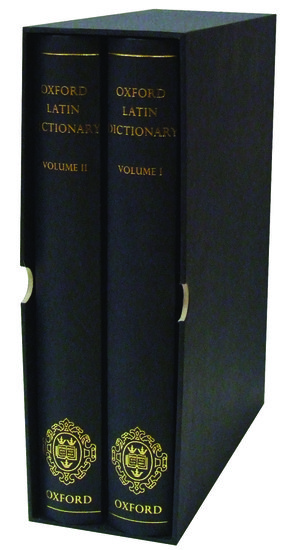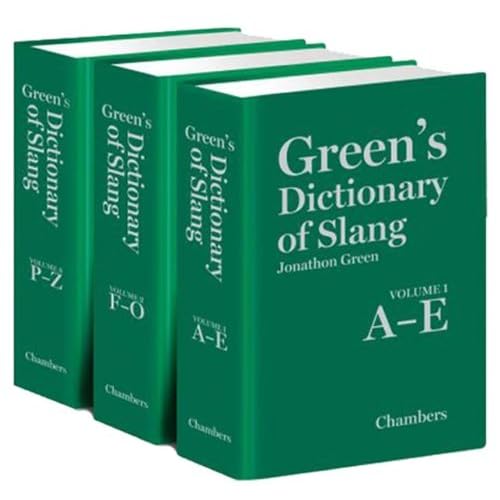Real ‘spunk’
By Anatoly Liberman
There was no word spunk in Swedish until Pippi coined it (an event recently celebrated in this blog), but in English it has existed since at least the sixteenth century. It is surrounded by a host of equally obscure look-alikes (that is, obscure from the etymological perspective). To deal with them, I should remind our readers that English, like all the other Indo-European languages, is full of words in which initial s– looks like a gratuitous addition. It pretends to be a prefix but carries no meaning; it does not even make words more expressive.




